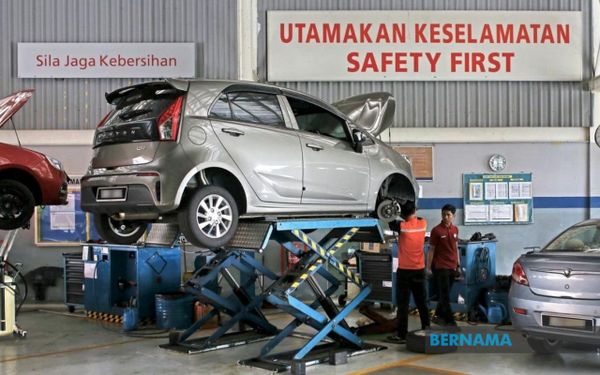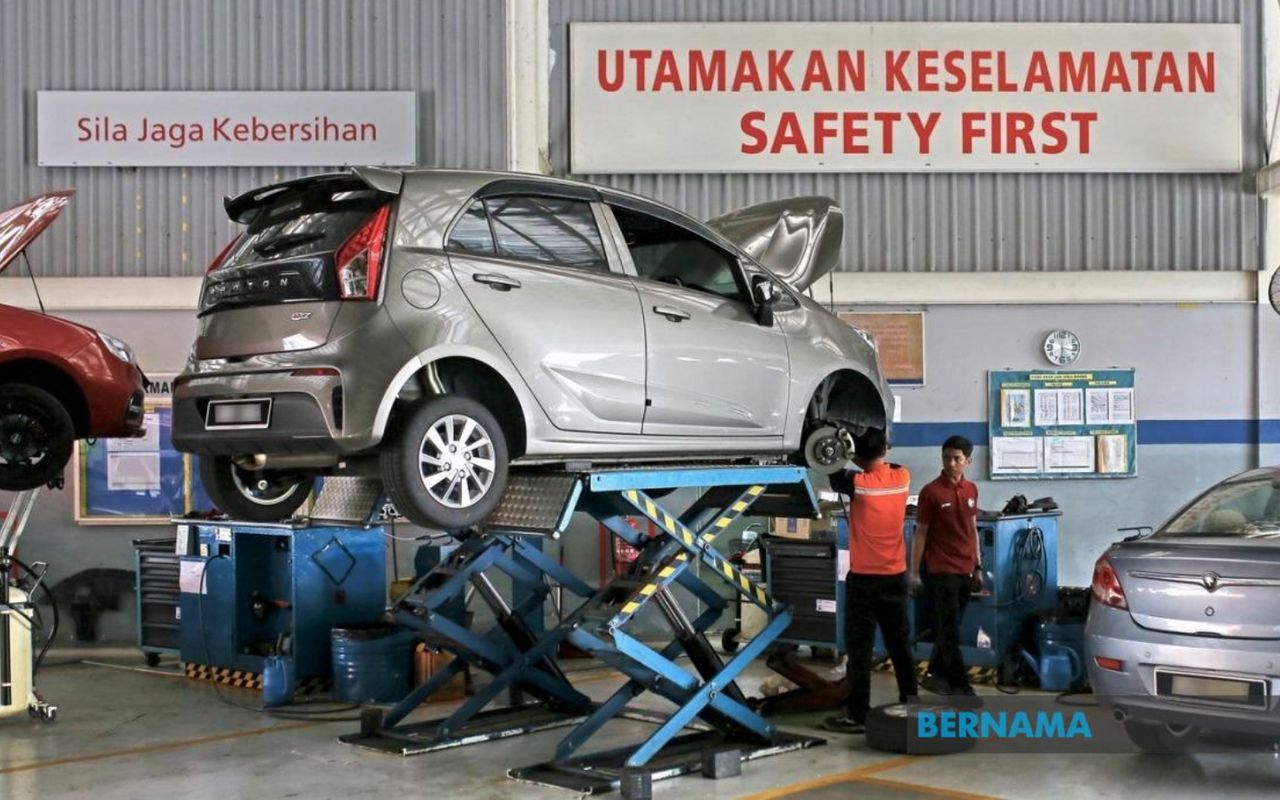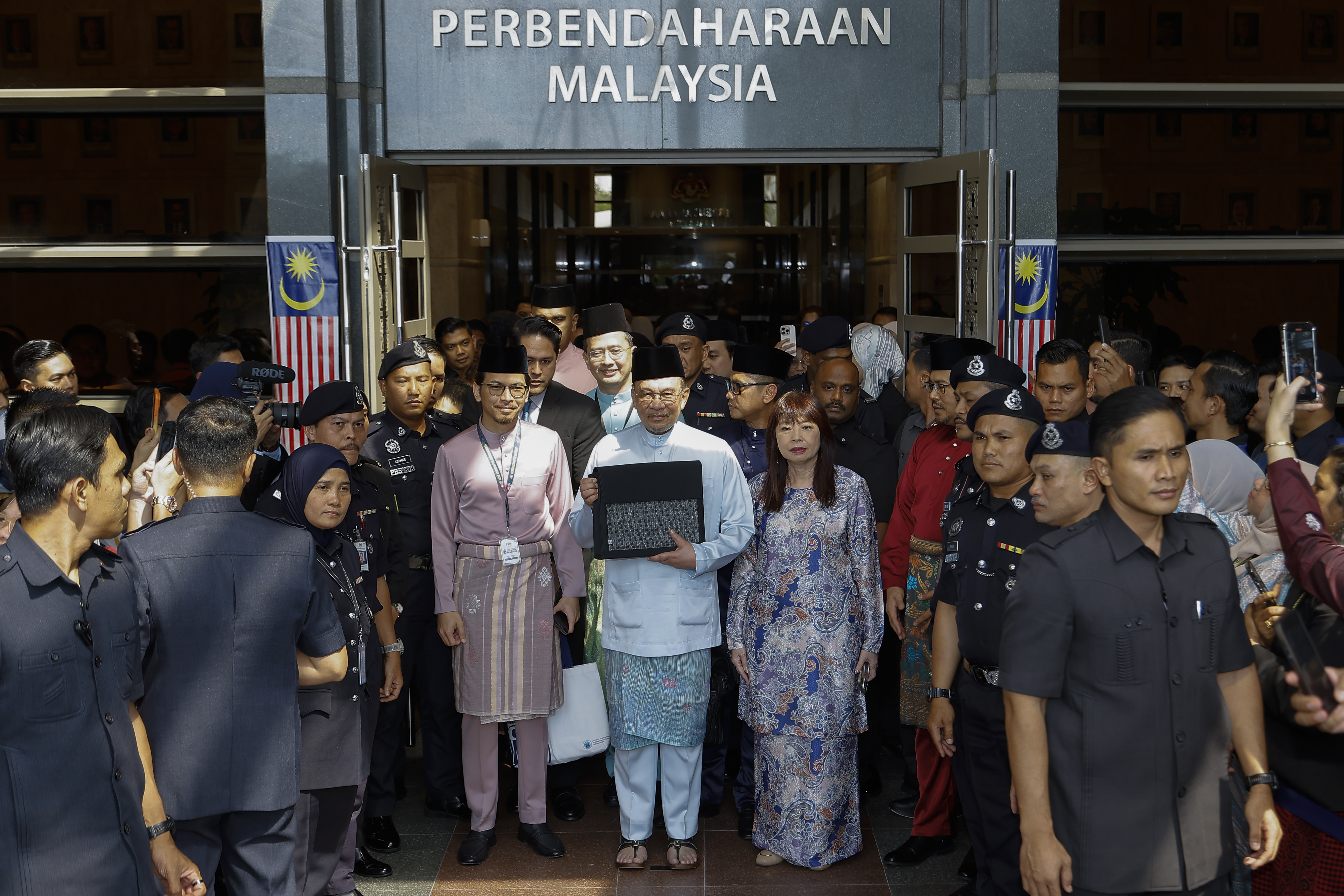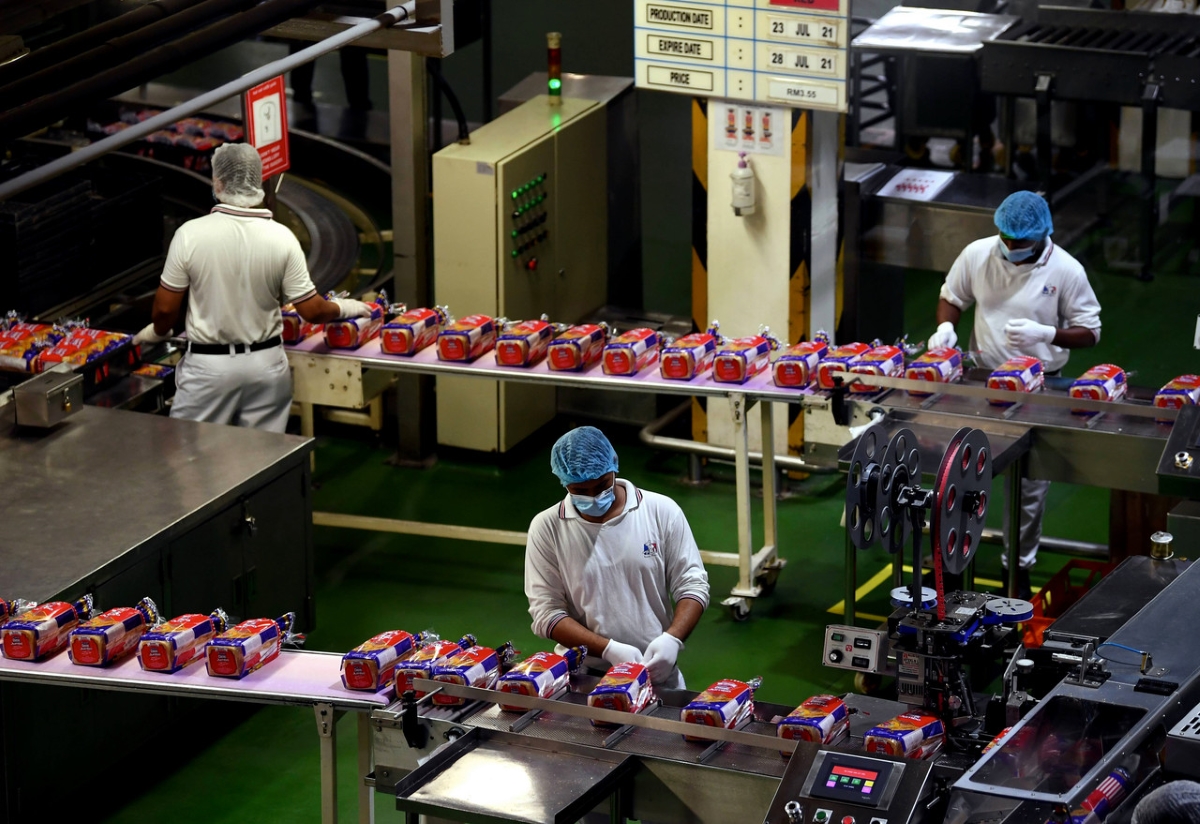KUALA LUMPUR, Oct 13 — The government’s proposal to introduce the Lemon Law provisions through amendments to the Consumer Protection Act 1999 demonstrates a strong commitment to strengthening consumer rights and enhancing the effectiveness of existing consumer protection mechanisms.
Federation of Malaysian Consumers Associations (Fomca) chief operating officer Nur Asyikin Aminuddin said the organisation fully supports the government’s initiative, noting that Fomca has long been advocating for the implementation of such a law to better safeguard consumers.
“It is undeniable that Malaysian consumers are now increasingly aware of their rights when purchasing goods or vehicles that have experienced repeated defects.
“However, despite this growing awareness, their rights are often overlooked and remain insufficiently protected. We hope the introduction of the Lemon Law will ensure stronger protection for consumers, particularly those purchasing new vehicles,” she told Bernama.
According to her, many cases brought before the Tribunal for Consumer Claims still tend to favour manufacturers, as decisions are often based on the reasoning that a product can continue to be repaired even after experiencing the same defect multiple times.
“Consumers need a legal mechanism such as the Lemon Law that genuinely safeguards their interests and holds manufacturers accountable for products that fail to meet promised quality standards,” she said.
During the tabling of Budget 2026, Prime Minister Datuk Seri Anwar Ibrahim, who is also the finance minister, announced the government’s proposal to amend the Consumer Protection Act 1999 to incorporate elements of the Lemon Law, aimed at strengthening and broadening the scope of consumer protection in Malaysia.
The Lemon Law grants consumers the right to seek compensation or replacement for vehicles or goods that are repeatedly defective and fail to meet the promised standards of quality and performance.
Automotive analyst Hazeri Samsuri described the government’s move to introduce the Lemon Law as a timely step that underscores its commitment to strengthening consumer protection.
“It is indeed time for us to implement the Lemon Law. I am very grateful that the government is now taking this matter seriously, as I have been advocating for it for the past 10 years. The previous administration did not fully grasp its importance, but I believe Transport Minister Anthony Loke now understands the significance of this initiative,” he said.
Hazeri said the implementation of the law would not only benefit consumers but also assist manufacturers and automotive companies in addressing increasingly complex vehicle quality issues.
“This law is crucial because today’s vehicles are becoming more sophisticated and complex, making certain defects difficult to detect at an early stage. In such cases, the warranty claim process can become complicated,” he explained.
“For example, if a company wants to replace a defective vehicle, the process can be complicated because most vehicles are purchased through bank loans and are subject to the Hire Purchase Act. With the implementation of the Lemon Law, the process could become more straightforward and beneficial for both parties,” he said.
Meanwhile, PanduLaju digital director Gan Yong Li described the introduction of the Lemon Law as a potential game changer for the automotive industry, noting that it could help restore consumer confidence in vehicle brands.
“With the Lemon Law, manufacturers will undoubtedly exercise greater caution in the production process and enforce stricter quality control measures to ensure that vehicles sold are free from defects.
“Additionally, the implementation of this law is vital to rebuilding consumer trust in automotive brands. At present, the issue of trust remains a major challenge, as there is no clear legal provision to protect consumers in such situations,” Gan said.









